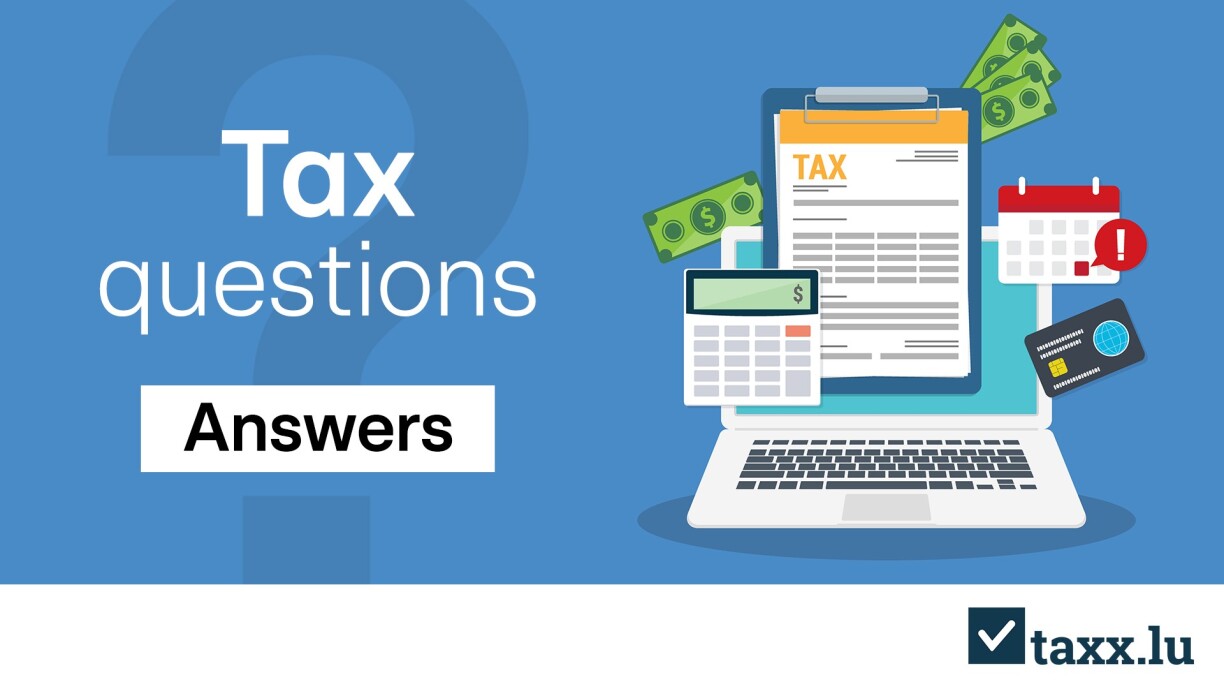
We reached out to our audience to ask what was confusing you about income tax in Luxembourg, and the answers came in droves. Our partners at Taxx.lu have been hard at work compiling answers for you.
You can hear all the answers by tuning in to Today Radio on Mondays, Wednesdays, and Fridays for four weeks starting on 23 September and ending on 18 October. Naturally we’re sharing the answers here as well - and you’ll find them all below soon after they’ve been on the radio.
This was one of the most common questions asked by our audience, and as such it’s also the first one that the Taxx.lu experts answered.
The answer is that it depends on your income level and type of income. It is mandatory, for example:
What about declaring voluntarily before I meet the threshold?
It may still be beneficial to file voluntarily, because of tax-deductible expenses like mortgage interest, pension contributions, or childcare costs, as they can potentially lead to a tax refund.
Take for example a single person with no children and a gross monthly salary of 5,000€. The deductions on the tax return could look like this:
The total amount of tax refunded by filing a tax return amounted to €2,500.
You can get a free simulation on Taxx.lu to see if a voluntary declaration makes sense in your individual case.
Married couples are taxed jointly automatically. However, they can ask for individual taxation. A couple who is in a registrated civil partnership from January to December, is taxed individually automatically. However, they can ask for joint taxation.
What does that mean in practical terms?
A PACS (registered civil partnership) couple is taxed within tax class 1 or 1a on monthly salaries. By completing a tax return they may ask to be taxed within class 2.
A married couple is taxed within tax Class 2 for the monthly salary of one spouse, and on a 15% flatrate for the other spouse. However, when completing a tax return, tax class 2 will be applied to all of the couple’s revenue. This is why a lot of married couples owe taxes at the end of the year and need to pay advances later on.
Given that, why would you ask for joint taxation?
Couples filing a joint tax declaration can save on taxes because tax class 2 is more interesting, especially if there’s a significant income difference between both partners.
This is because the impact on the tax burden depends on the income of each spouse. If both people earn similar incomes, the tax savings might be marginal, and in some cases, it might make sense to opt for separate taxation, if there are children to be accounted for, for example.
Let’s look at an example. Take a couple in a civil partnership. Person 1 earns €100,000 taxable income. Person 2 earns €40,000 taxable income. The tax savings possible through a joint tax return amount to €2,200.